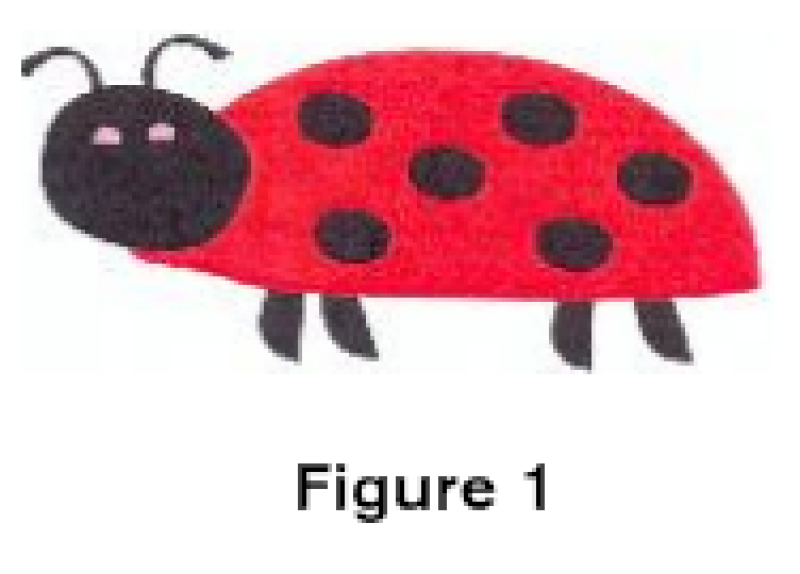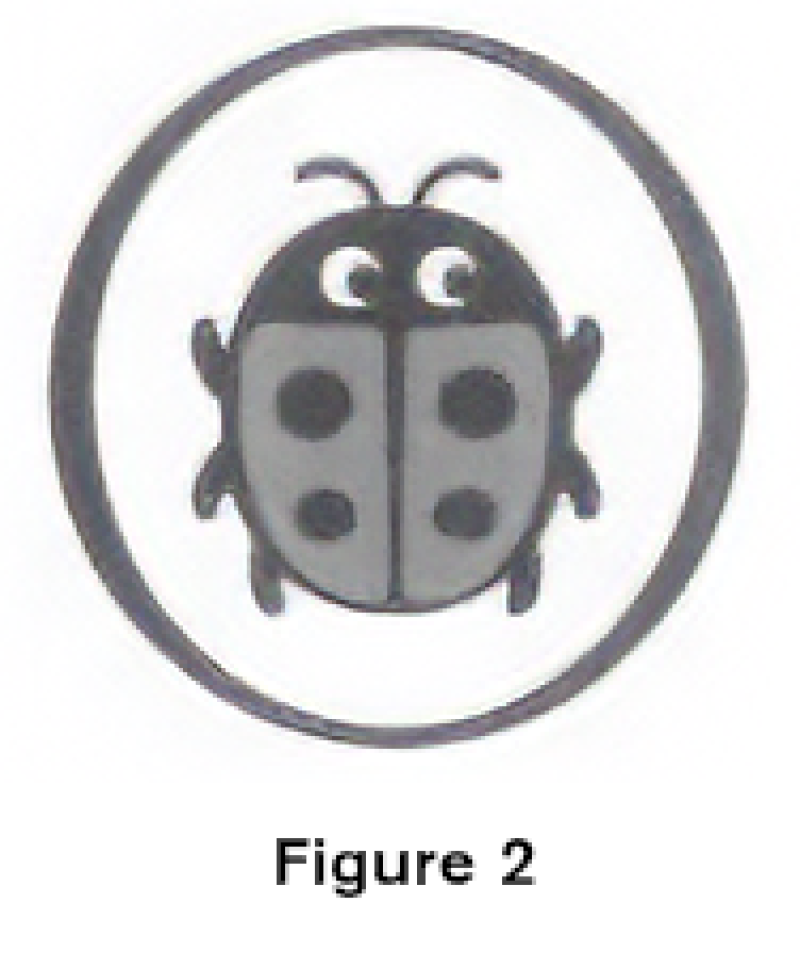In a recent case brought before the Athens Administrative Court of First Instance, it was considered whether there is a likelihood of confusion between purely figurative trademarks showing conceptual identity.
In particular, the contested trademark consisted of an image of a ladybird in a cartoon-like illustration – facing left – filed to cover goods and services in classes 3, 28 and 41 (Figure 1).

On the other hand, the earlier trademark, on which the opposition was based, also consisted of a cartoon-like illustration of a ladybird illustrated – as seen from above – that was registered to cover goods and services in classes 28 and 41 (Figure 2).

In its judgment, the court considered the trademarks to be conceptually and visually similar. In particular, the court considered the illustration of the ladybird in the contested trademark to be highly similar to the one of the earlier mark, as the contested trademark was only differentiated in insignificant elements, namely the number of legs and spots, size of the ladybird and the respective orientation.
Furthermore, the court ruled that the respective goods and services in classes 28 and 41 were identical and given the fact that the average consumer’s degree of attention regarding these goods and services is low, confusion is highly probable to occur. On the other hand, regarding goods in class 3 covered under the contested trademark, it was held that there was no likelihood of confusion, on the finding that the owner of the earlier mark is not active in the specific field of business.
In view of the above, it is clear that conceptual identity was decisive in the above mentioned ruling, whereas some differentiations in the figurative elements per se of the trademarks under comparison, were found to play no important role as regards the evaluation of the likelihood of confusion, taking into consideration that the goods and services at issue were identical and refer to a market, where the average consumer’s degree of attention is low.
The ruling is in line with EU case law, according to which in order for likelihood of confusion to be assessed, the interdependence of all factors relevant to the circumstances of the case should be taken into account.
Evangelia Sioumala
Associate, Patrinos & Kilimiris
E: esioumala@patrinoskilimiris.com












